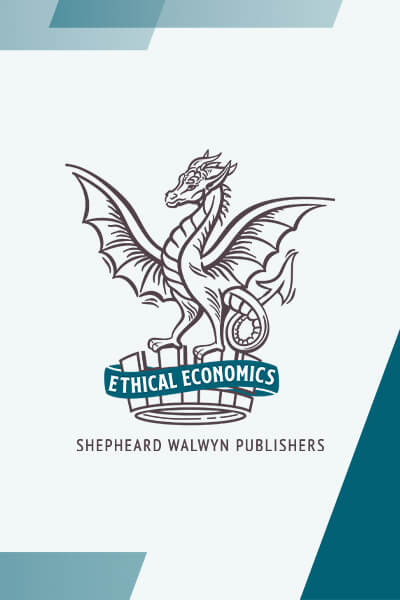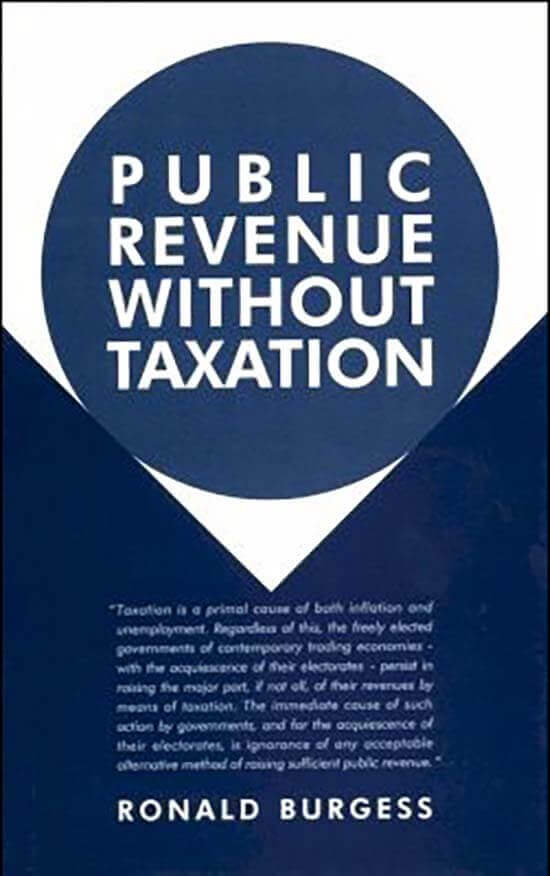After the divisions of the referendum, it is time to pull together to make a success of the people’s choice. The future is not without hope, but it does mean appreciating why so many ordinary working people voted Leave and showing that in a United Kingdom there is a way forward where conditions can be improved for everybody.
Never in modern Britain has inequality been so marked. Although ordinary working people can’t quite put their finger on the cause, they can see that the system is unfairly rigged against them. In their resentment, it is easy to blame migrants for taking jobs and pushing up the cost of housing, but without them the NHS could not function. How is this conundrum to be resolved?
Surprisingly, through a tax reform. As long ago as 1978 Lord Soames, speaking in the House of Lords, pointed out that ‘If one were to set out with a specific, stated objective of designing a tax system which would penalise and deter thrift, energy and success, it would be almost impossible to do better than the one which we have in this country today.’ Since then ‘reforming’ Chancellors have only added to the complexity such that today the tax code is over 30,000 pages!
In the same year Milton Friedman remarked that ‘There is a sense in which all taxes are antagonistic to enterprise – yet we need taxes … so the question is, which are the least bad taxes? In my opinion, the least bad tax [note the switch to singular] is the property tax on the unimproved value of land, the Henry George argument of many, many years ago.’
In Public Revenue without Taxation Ronald Burgess argued that ‘the development of Keynes’ general theory of employment leads to the conclusion that an open trading economy is likely to be most competitive, and therefore most prosperous, only when all taxation is abolished.’ Drawing on the distinction Alfred Marshall made between ‘the public and private value of freeholds’, Burgess points to a source of revenue that is peculiarly public, that arises from the very nature of a trading economy, such as Britain, and does not offend against the principle of private property.
The United Kingdom now faces a choice: either to try to get back as close as possible to business as usual outside the EU, or to seize the chance to reform the tax system so that it does not bear most heavily on the poor and middle class. In From Here to Prosperity, Thomas Burgess, the son of Ronald Burgess, proposes making a start by raising the income tax threshold to £32,000, thereby lifting about 25 million people out of the PAYE system and leaving them free to choose how to spend their hard-earned income.
In his Price of Inequality Joseph Stiglitz wrote: ‘The great nineteenth-century progressive Henry George argued that government should rely solely on such a tax. Today, of course, we realize that rents can take many forms – they can be collected not just on land, but on the value of natural resources like oil, gas, minerals, and coal. There are other sources of rents, such as those derived from the exercise of monopoly power. A stiff tax on all such rents would not only reduce inequality but also reduce incentives to engage in the kind of rent-seeking activities that distort our economy and our democracy.’







